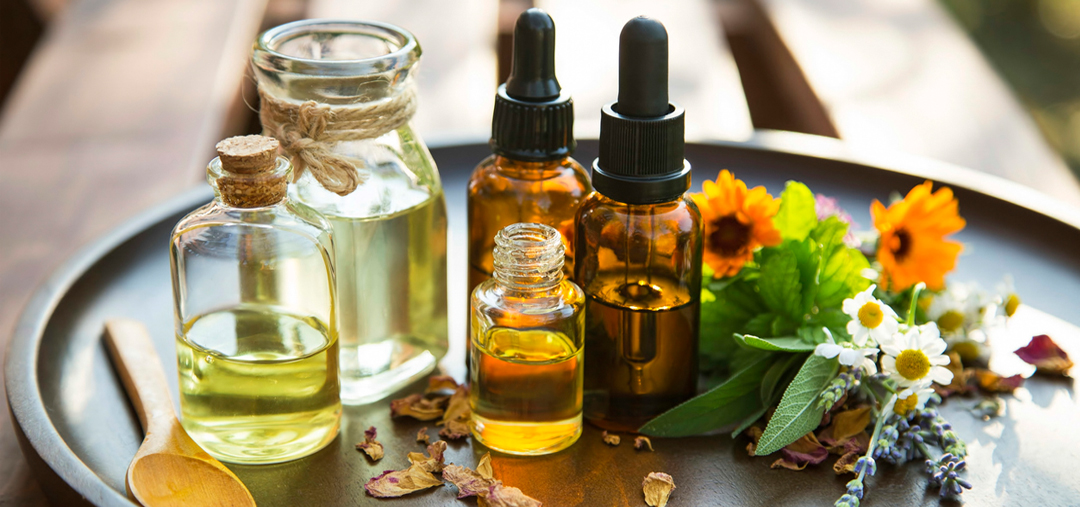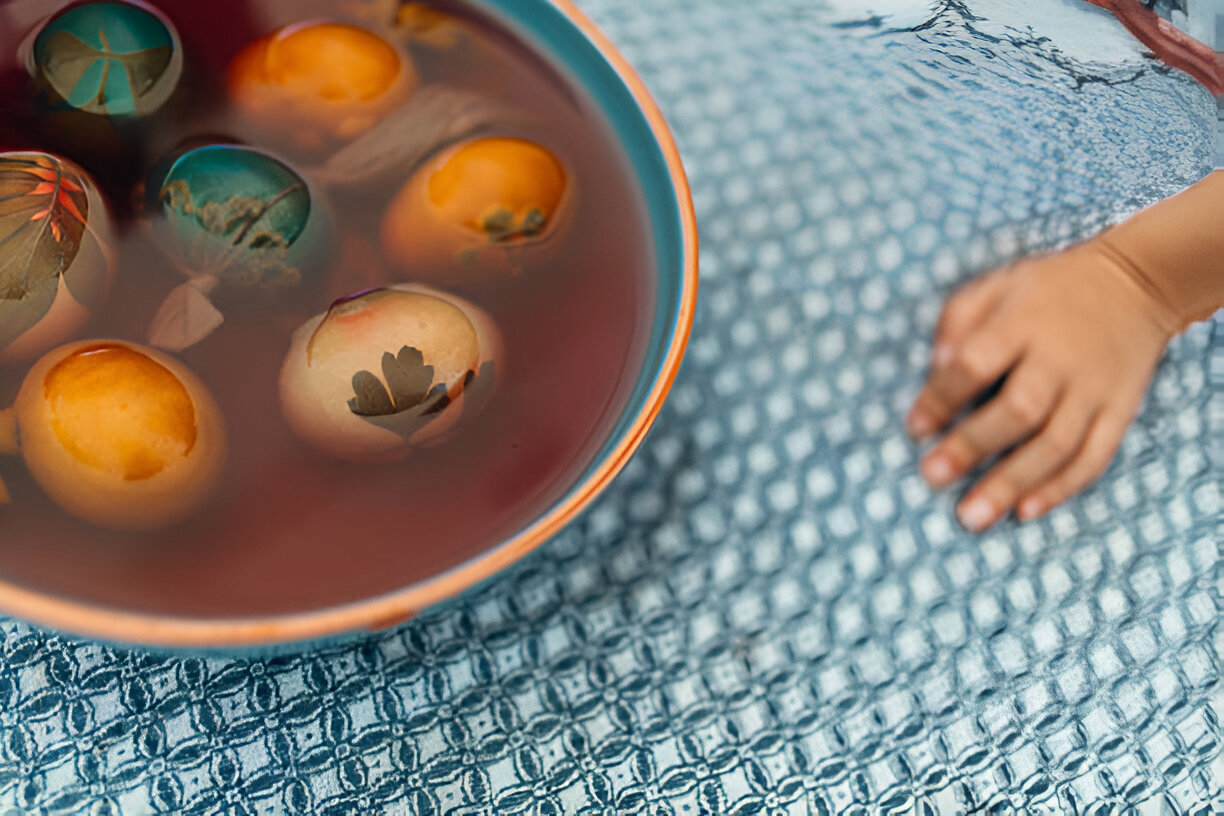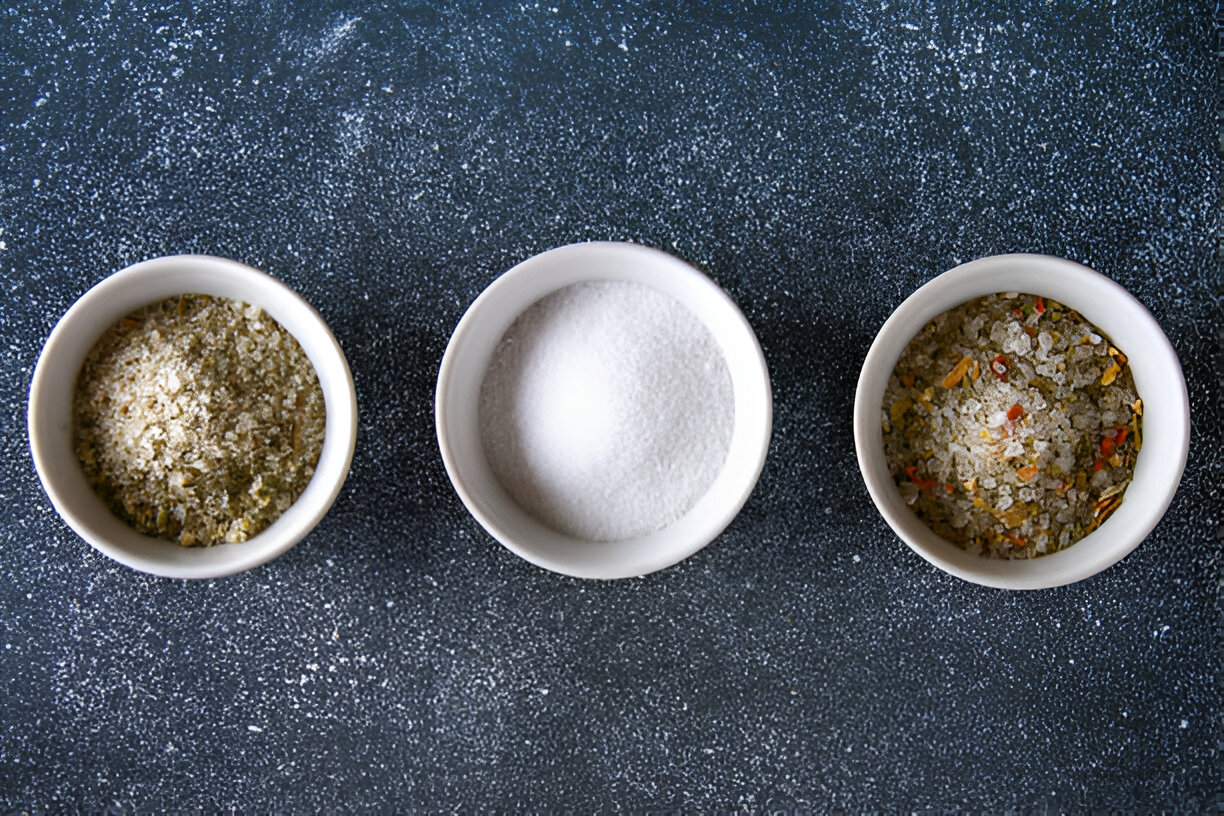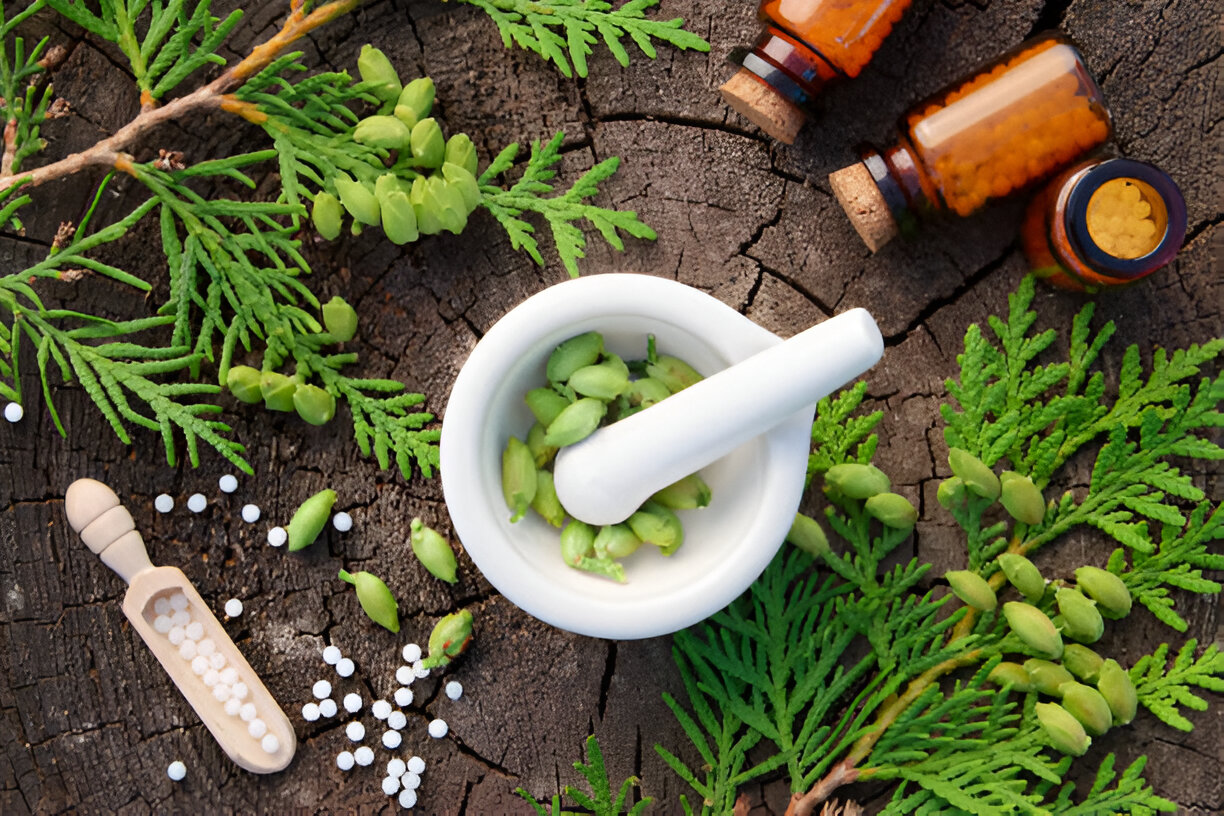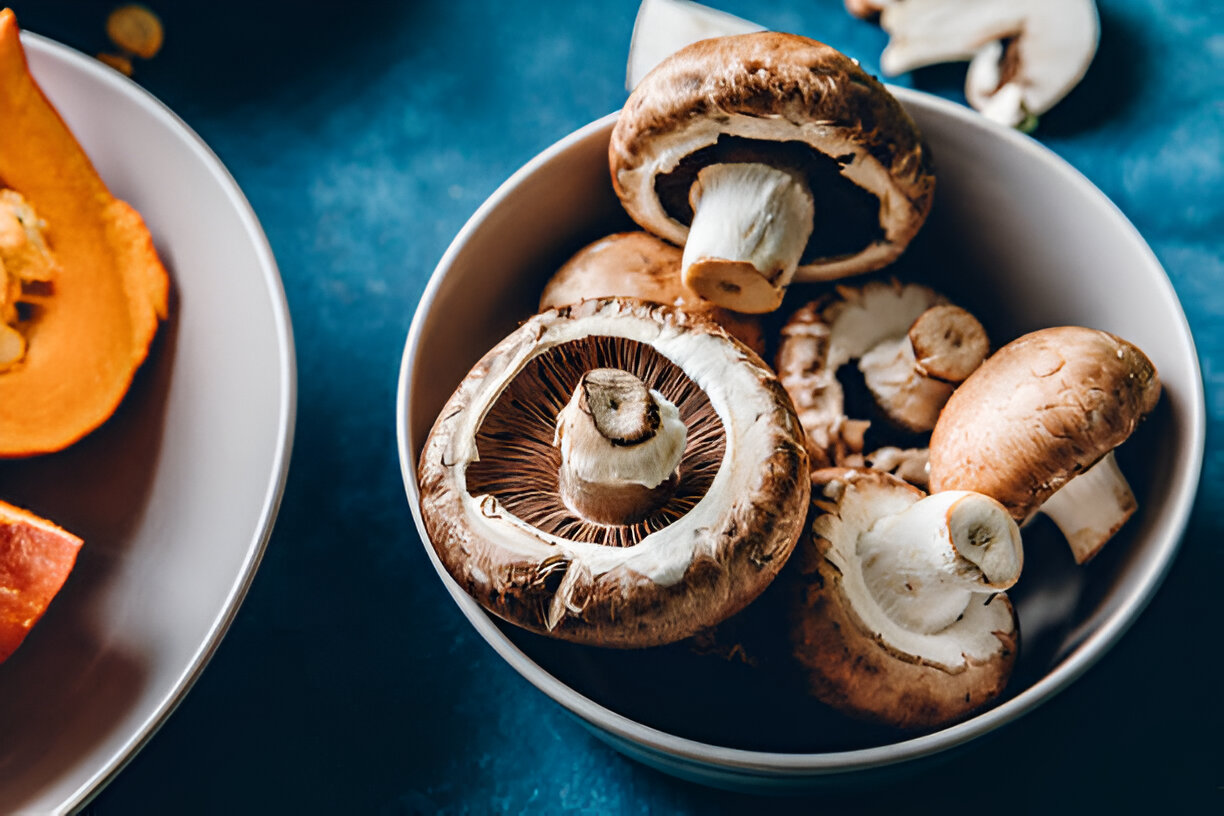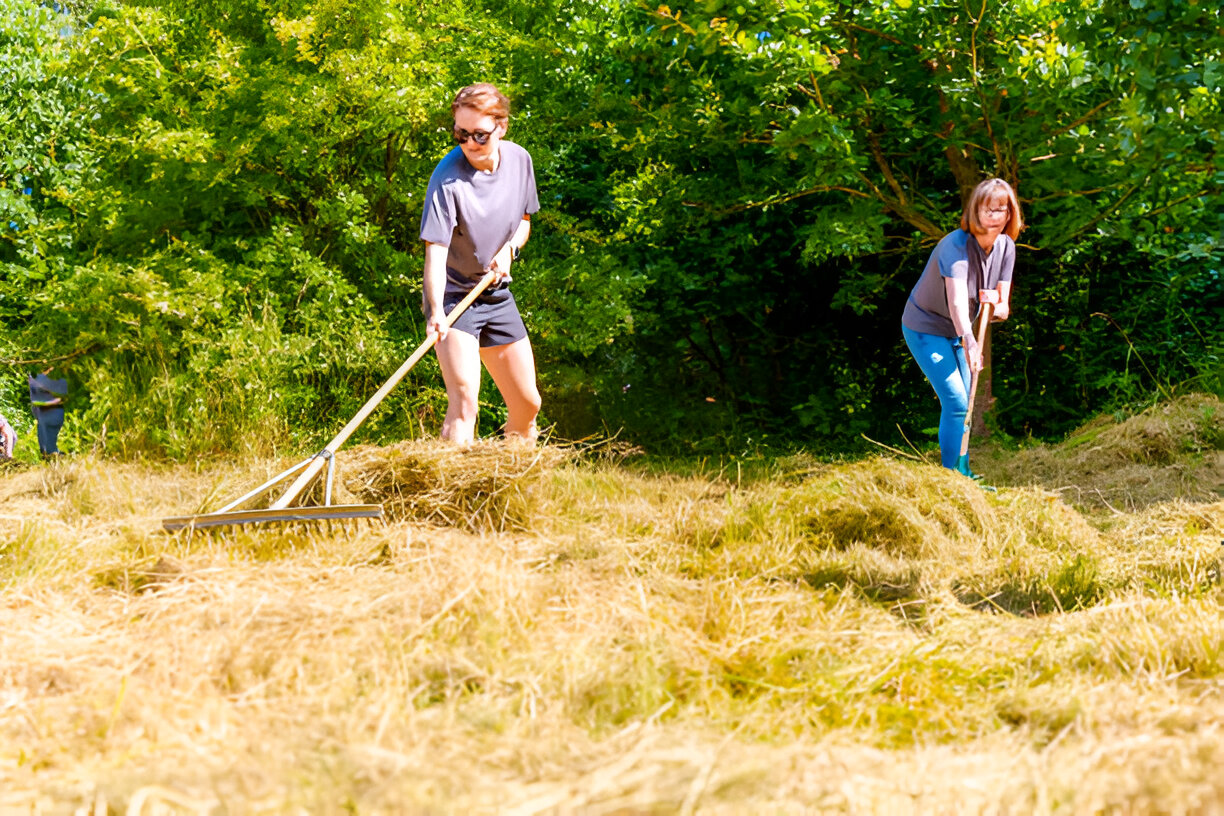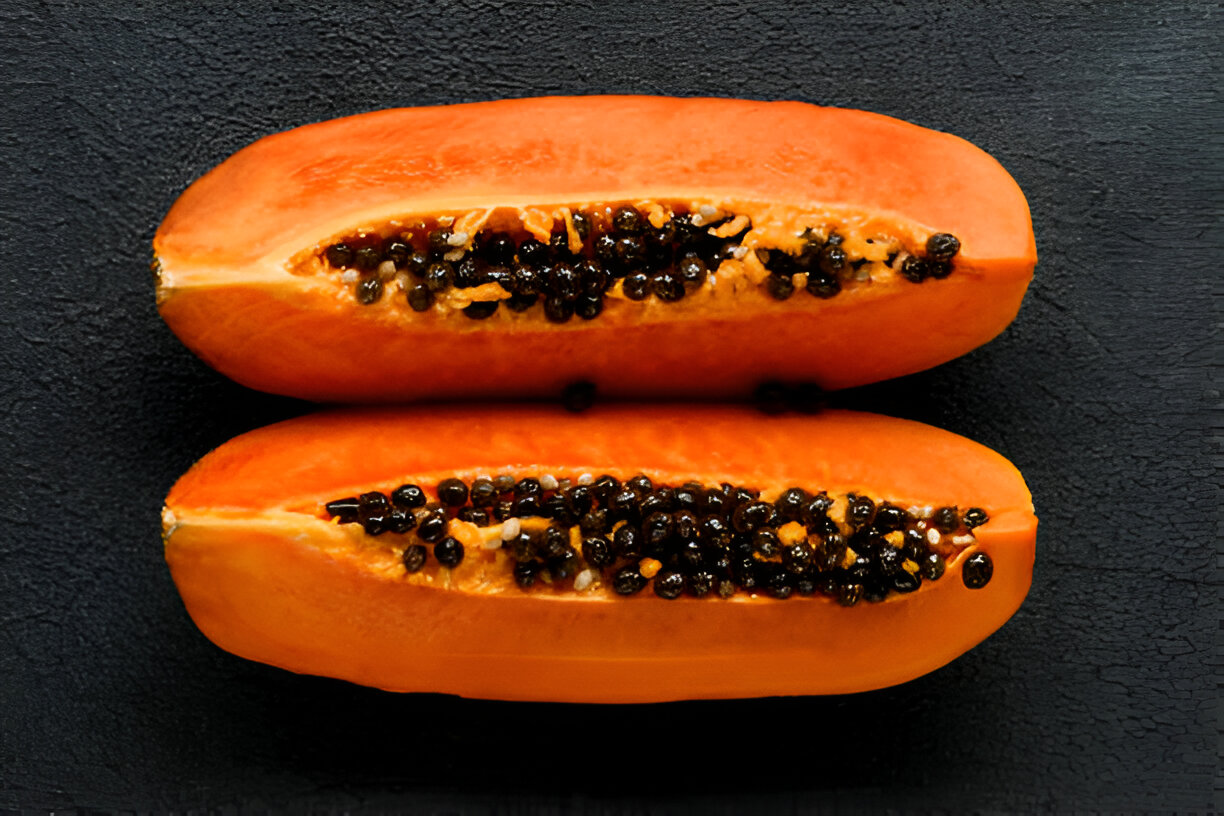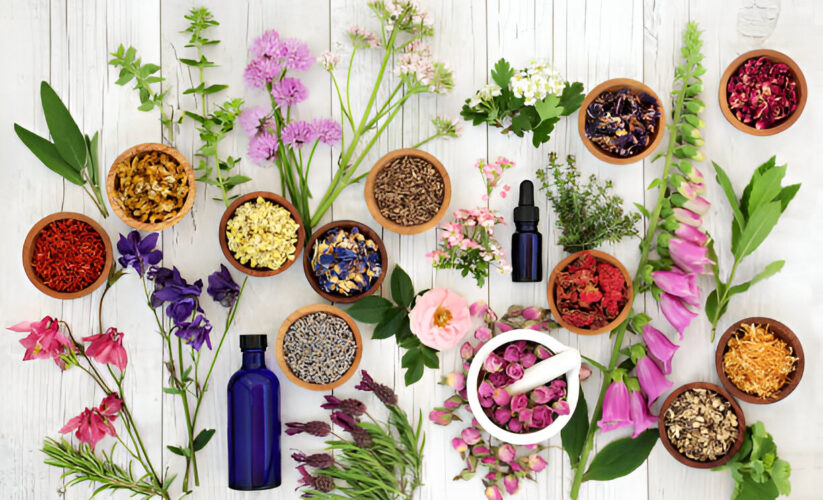
There’s no magic formula to guarantee a long, healthy life, but we can encourage it: Good nutrition, plenty of exercise, and love are the basics. Taking frequent dips into the deep heart of nature — long walks in the wilderness, waking up to the bird and crickets — restores body and spirit. In addition, plan remedies called adaptogens, revered as “longevity herbs” in the East and catching on in the West, help maintain the body’s vitality.
Though many herbal traditions use adaptogens, the ancient Chinese and Indian healing systems hold them in especially high esteem. Herbs such as ginseng and ashwaganda have been used for hundreds of years to restore life force, known as qi or prana, and help the body resist illness. Adaptogens are, by definition, very safe, and rather than treating a specific body condition, they enhance the body’s overall functioning.
If you’re accustomed to a this-for-that approach to herbal medicine (slippery elm for a sore throat, or feverfew for migraines), the whole concept of adaptogens may sound vague — or too good to be true. But scientific studies have supported many of their traditional uses, confirmed their safety, and yielded some clues about how they work in the body. Nikolai Lazarev, a Russian scientist who coined the term “adaptogen” in 1947, conducted numerous studies on eleuthero and Asian ginseng, finding that these herbs reduce the effects of physical, environmental, and psychological stress on the body. Some have been shown to boost the functioning of the liver, the heart, or the immune system. Whether adaptogens are truly “longevity herbs” is hard to prove, but it stands to reason that a substance that helps your organs function better and reduces stress may indeed extend your days.
At a time of soaring rates of stress-related illnesses, it’s no surprise that people on this side of the planet are embracing adaptogens. As I tell my students, how we survive depends on how we adapt — individually and collectively. So bring on the adaptogens!
Using Adaptogens
Though the Western medical model emphasizes taking single remedies in pill form, many herbalists combine compatible herbs for synergy. In addition, many adaptogenic herbs are delicious and were traditionally consumed as foods. So along with supplement doses for some of my favorite adaptogens, I’ve included serving suggestions for teas and spreads.
Although these herbs are considered safe, as always, be sure to discuss introducing any new herb with a knowledgeable health-care practitioner, especially if you have a chronic or serious condition or are taking medication.
Eleuthero
(Eleutherococcus senticosus)
A treelike shrub that grows in abundance in Siberia and other cold climates, eleuthero — also known as Siberian ginseng — has long been considered a performance enhancer extraordinare. Numerous (though not definitive) Russian studies have supported its traditional uses; the herb was shown, for instance, to help skiers resist oxygen deprivation, help factory workers resist illness, and help proof-readers improve their perforomance. In a placebo-controlled German study, the herb was shown to stimulate a significant increase in immune cells.
Preparation tips: Eleuthero has a pleasant flavor and blends well with other tonic herbs in tea. (For best results, roots should be simmered for 20 minutes.) For added flavor, include warming spices such as sinnamon and ginger. Eleuthero powder can be mixed into food, and the roots are an important ingredient in many longevity wines and elixirs.
Supplement dosage: 2 to 3 times daily, take 1/2 to 1 teaspoon tincture or 2 capsules.
Holy Basil
(Ocimum sanctum)
In India, the holy basil plant is revered by many Hindus as an incarnation of divinity. Commonly referred to as tulsi, which means “the incomparable one,” holy basil is considered matchless for reducing stress, increasing energy and vitality, and promoting longevity. Pracitioners frequently prescribe this herb for age-related conditions such as cardiovascular problems, hypertension, and diabetes. A cousin to sweet basil, holy basil is easy to grow in your garden or on a sunny windowsill — as an added bonus, it repels flies and other insects. (Look for holy basil in your local garden store.)
Preparation tips: Holy basil can be used either fresh or dried. It makes a delicious, invigorating tea on its own or blended with peppermint and lemon balm. (Natural-foods stores carry a number of blends.)
Supplement dosage: 2 to 3 times daily, take 1/2 to 1 teaspoon tincture or 2 capsules.
Fo Ti
(Polygonum multiflorum)
Herbalists often tell the story of Li Ch’ing Yuen, a Chinese scribe who lived to be a venerable elder. (Legend has it that he lived for more than 200 years.) Yuen credited his longevity in part to his daily consumption of fo ti mixed with ginseng, lycii berries, and other tonic herbs. Besides having a near-mythic reputation as a longevity herb, fo ti (also known as ho shou wu) is used to boost libido and, according to folk wisdom, may help restore gray hair to its original color. Although the herb is not well studied in humans, preliminary research suggests it has positive effects on the heart and brain. Fo ti contains the compounds resveratrol and lecithin, which have a beneficial effect on cholesterol levels and enhance circulatory function.
Preparation tips: Fo ti combines well with gingseng and/or astragalus in formulas, and the powdered herb can be mixed with powdered ginseng, licorice root, cinnamon, cardamom, and honey to form a paste. Spread this pate on toast or crackers, or mix it in hot water for an instant tea.
Supplement dosage: 2 to 3 times daily, take 1/2 to 1 teaspoon tincture or 2 capsules.
Reishi
(Ganoderma lucidum and G. applanatum)
Reishi is known as the “mushroom of immortality” in Taoist tradition and considered a “superior herb” in Traditional Chinese Medicine. Today it’s used to help treat many age-related disorders, such as coronary heart disease, high cholesterol, arthritis, immune disorders, and cancers, along with increasing energy and enhancing overall good health. Of the six types of reishi mushrooms, red reishi is most frequently used medicinally.
Preparation tips: Tough and fibrous, reishi is best cooked in soups or used in powdered or extract form.
Supplement dosage: 2 to 3 times daily, take 1/2 to 1 teaspoon tincture or 2 capsules.
Schizandra
(Schizandra chinensis)
Known as the “five flavored plant,” schizandra contains sweet, salty, sour, pungent, and bitter tastes. According to Traditional Chinese Medicine, each flavor activates and balances a different organ system. It was historically used as a preserver of youth, a beauty aid, and a powerful sexual tonic. In a study of racehorses, schizandra was shown to significantly increase the horses’ speed and reduce their recovery time after racing. Schizandra contains liver-protecting compounds and has been shown to improve symptoms of hepatisis.
Preparation tips: Schizandra berries have a unique flavor; people either love them or don’t. Mixed with ginseng, they increase stamina and endurance. Soak them in fruit juice and/or wine for a tonic drink, or cook them in honey until soft to make a sweet spread. In hot tea, they add a pleasant lemony flavor.
Supplement dosage: 2 to 3 times daily, take 1/2 to 1 teaspoon tincture or 2 capsules.






